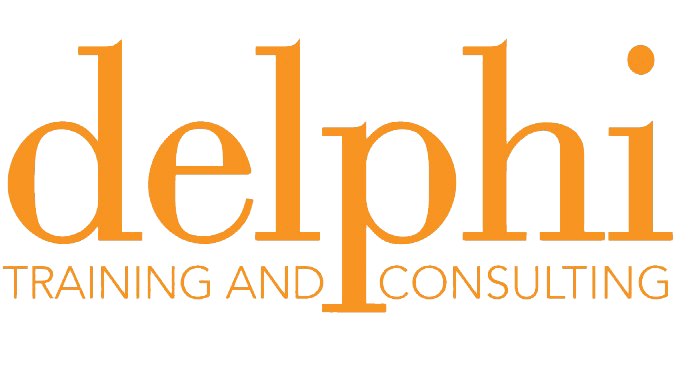
Join our NETWORK
Get all latest news, event updates and access to resources & information.
| Date | City | Venue | Address | Finish Time | Hours In Person | |
|---|---|---|---|---|---|---|
| November 4, 2023 | Brisbane | TBA | 5:00 pm | 8 | ||
| September 15, 2023 | Wellington | TBA | 5:00 pm | 8 | ||
| October 14, 2023 | Melbourne | TBA | 5:00 pm | 8 |
Super Saver Price:
Early Bird Price:
Standard Price:
Student Price:
We are currently updating our site and will have some great features ready for you in January 2023
If you are interested in this On-Demand Webinar please contact us at events@delphicentre.com.au.
To be notified of when our new system is live please register your email here

Naomi trained as a social worker in the UK. Early in her career she worked with children in short stay emergency care, homeless youth, and convicted offenders in government and non-government organisations, providing advocacy, psychosocial education, recreational opportunities, skills training, supervision and counselling. She holds a Grad. Cert. Human Rights and is a certified QPR trainer (suicide prevention).
In 1987, Naomi went into partnership at The Delphi Centre, now known as Delphi Training and Consulting where she developed expertise in therapy for adult sequelae of childhood abuse, neglect and attachment disruptions.
Naomi provides clinical consultation for complex post-traumatic stress, dissociative disorders and related impacts of childhood developmental trauma and abuse including self-harming behaviour, suicidality and substance abuse, for mental health professionals working with adult victim-survivors of intergenerational trauma, gender-based violence, and other trauma. She has a wealth of experience working with people across socioeconomic groups, faiths, and sexual orientation.
She is a consultant and trainer for law firms, providing trauma informed training and supporting lawyers’ mental health and wellbeing. Since 2009, Naomi has been a consultant to the United Nations developing and delivering a broad range of trauma informed programs to personnel in missions and duty stations around the world. Most recently she developed a Gatekeeper suicide prevention training for Safety and Security Services and trauma informed awareness training for the Office of the Special Coordinator on improving the UN’s response to Sexual Exploitation and Abuse, the Ombudsman and Ethics Units and Human Resources and Services Department.
A skilled speaker and trainer, Naomi has presented training about complex and developmental trauma, vicarious trauma, resilience building and workplace wellbeing through Delphi and United Nations, in-person and online across all Australian States and Territories – Africa – Canada – Denmark – Germany – India – Italy – Lebanon – New Zealand – Romania – Thailand – United States. See organisations Naomi has partnered
A founding member of The Australian Association of Trauma and Dissociation Inc. in 1992 (amalgamated with the Australasian Association of Traumatic Stress Studies in 1996) Naomi served on the Executive Committee and Conference Committee from 1991 – 1996, and as Treasurer from 1992 – 1995.
She is a founding member and spokesperson for an action group for victims of white collar crime. An advocate for victims of deceptive and misleading financial advice, Naomi has provided submissions and testimony to senate committees and other inquiries and has been an invited speaker at financial industry forums regarding the impact of white collar crime, the changes needed in the industry and legislation. She has worked closely with parliamentarians across political parties and the media. She is frequently contacted for commentary.
She is co-author with Dr Colin A. Ross, (2009) Trauma Model Therapy: A Treatment Approach for Trauma, Dissociation and Complex Comorbidity, Manitou Inc. and two studies about Maladaptive daydreaming.
Naomi is a Fellow of the International Society for the Study of Trauma and Dissociation (2017) and recipient of the Distinguished Achievement Award (2022).
Delphi Training and Consulting acknowledges Aboriginal and Torres Strait Islander Peoples as the Traditional Owners and Custodians of the lands and waters which we share. We pay our respects to Elders past, present and future. We acknowledge and recognise it is the oldest living culture in the world and that sovereignty has never been ceded. It always was and always will be Aboriginal land.


Delphi is an inclusive and safe organisation. We respect, celebrate and support diversity, the inclusion of children, young people and adults from LGBTQIA+ communities, people with disabilities, people from CALD backgrounds and people with diverse religious beliefs or affiliations.


Get all latest news, event updates and access to resources & information.